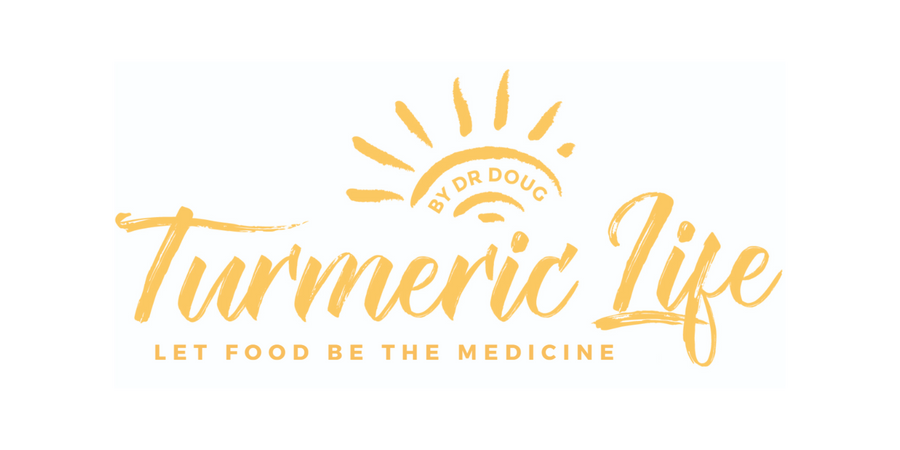Honey, Sugar, Molasses and any sweet substitute
By Doug English
Honey is glucose and fructose. I absolutely discourage intake of ANY sugar or sugar substitutes because that just adds more inflammation. Honey is WORSE than sugar. It is a taste addiction only, no benefits but many negatives; and I strongly discourage consuming it. Is good to apply topically but limit consumption.
The high levels of fructose (which is half the sugar in honey) is getting more and more publicity of how bad it is. Basically if is free it is quickly absorbed and sits in the liver and if not needed is converted to inflammatory fat and inflammatory mediators which then glue cholesterol to arteries.
Honey is okay externally on wounds and I encourage that, but consumed is no good, just concentrated sugars and any research I have seen is not conclusive for any benefits. You can apply all the thousands of negative findings on fructose to honey because it is all fructose and glucose with a very small amount of other compounds.
Fruit is not a simple sugar but a whole food that has sugars as a component, very far from the large percentage in honey. That easy fast metabolism is the very issue I point to with the refined sugars which are natural, but taken in large amounts with sedentary metabolism is bad. Unless you are running marathons it causes problems. Sugar itself is natural but removed from the fiber of the cane or beet etc., it is quickly absorbed, ready for action. When there is no action then bad things happen to it.
Fructose, glucose, lactose and maltose are simple sugars and natural and easily metabolized but fructose in large amounts separated from the fibers in real food becomes a problem.
From Medscape: More evidence suggests that eating a Mediterranean-style diet is linked not only to improved cognitive function, but also to increased cortical thickness.
“Assessment of 672 elderly participants in the Mayo Clinic Study of Aging showed that those with a higher Mediterranean diet (MedDiet) adherence score had significantly larger cortical thickness measurements in the frontal, parietal, and occipital lobes than did those with lower scores. Those with a higher consumption of specifically fish or legumes also had larger cortical thickness, albeit in slightly different areas. On the other hand, those who consumed large amounts of carbohydrates and sugar had lower cortical thickness. The study was published online July 25 in Alzheimer's & Dementia."Our study shows that diet impacts the structural changes in the brain that underlie the dementia syndrome," lead author Rosebud O. Roberts, professor of epidemiology and neurology at Mayo Clinic, Rochester, Minnesota, told Medscape “
Honey as a topical treatment for wounds.
https://www.ncbi.nlm.nih.gov/pubmed/18843679
“Thoughts on the sugar thing”
https://www.facebook.com/groups/415313751866609/permalink/939248676139778/
WHO calls on countries to reduce sugars intake among adults and children
http://www.who.int/mediacentre/news/releases/2015/sugar-guideline/en/
Consuming Refined Sugar Can Impact Mood, Decision-Making and Memory
http://www.fastcompany.com/3050319/lessons-learned/how-giving-up-refined-sugar-changed-my-brain
Consumption of Honey, Sucrose, and High-Fructose Corn Syrup
http://jn.nutrition.org/content/early/2015/09/02/jn.115.218016.abstract
